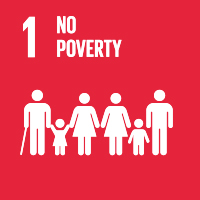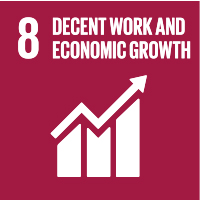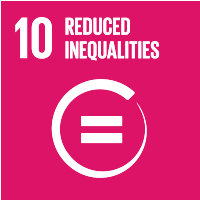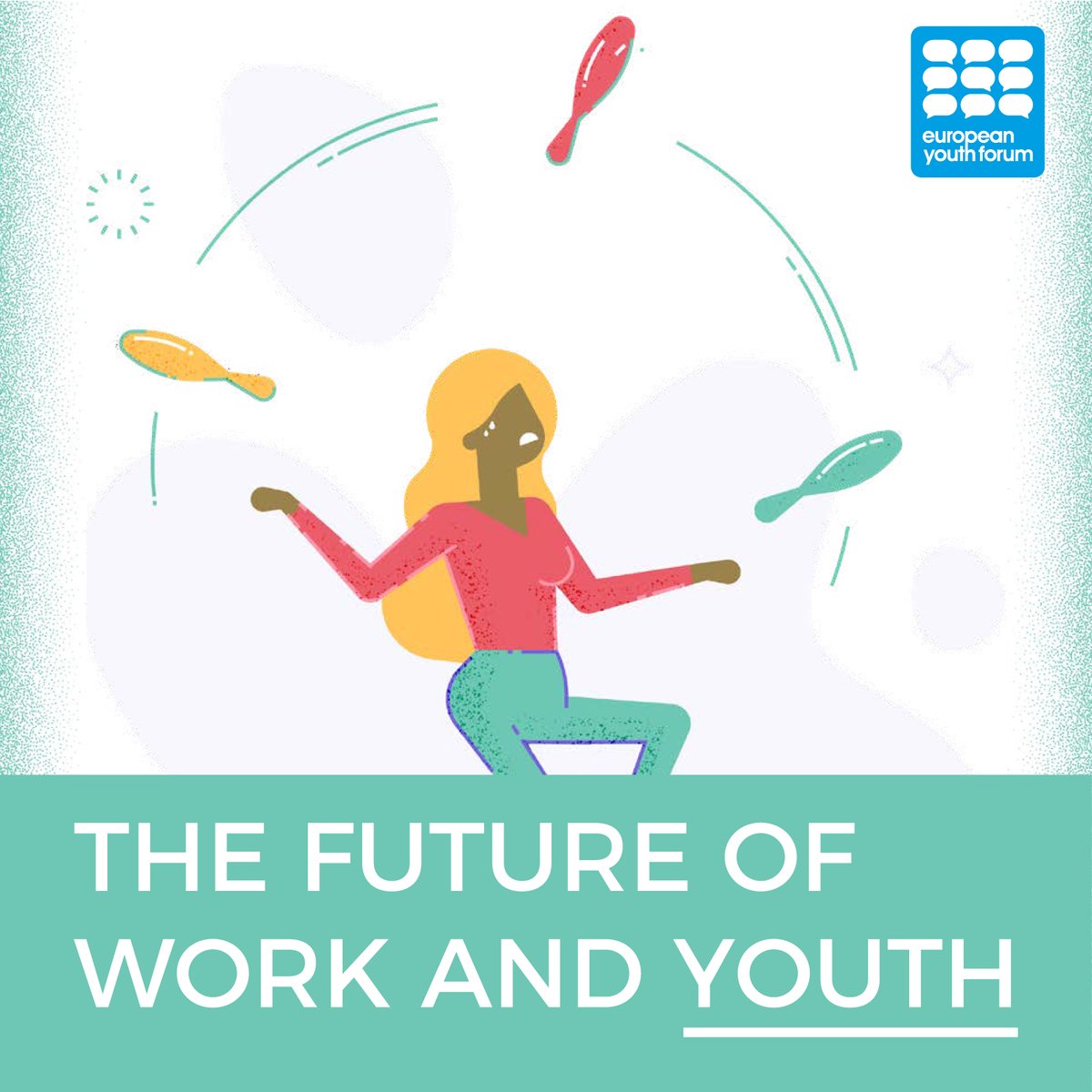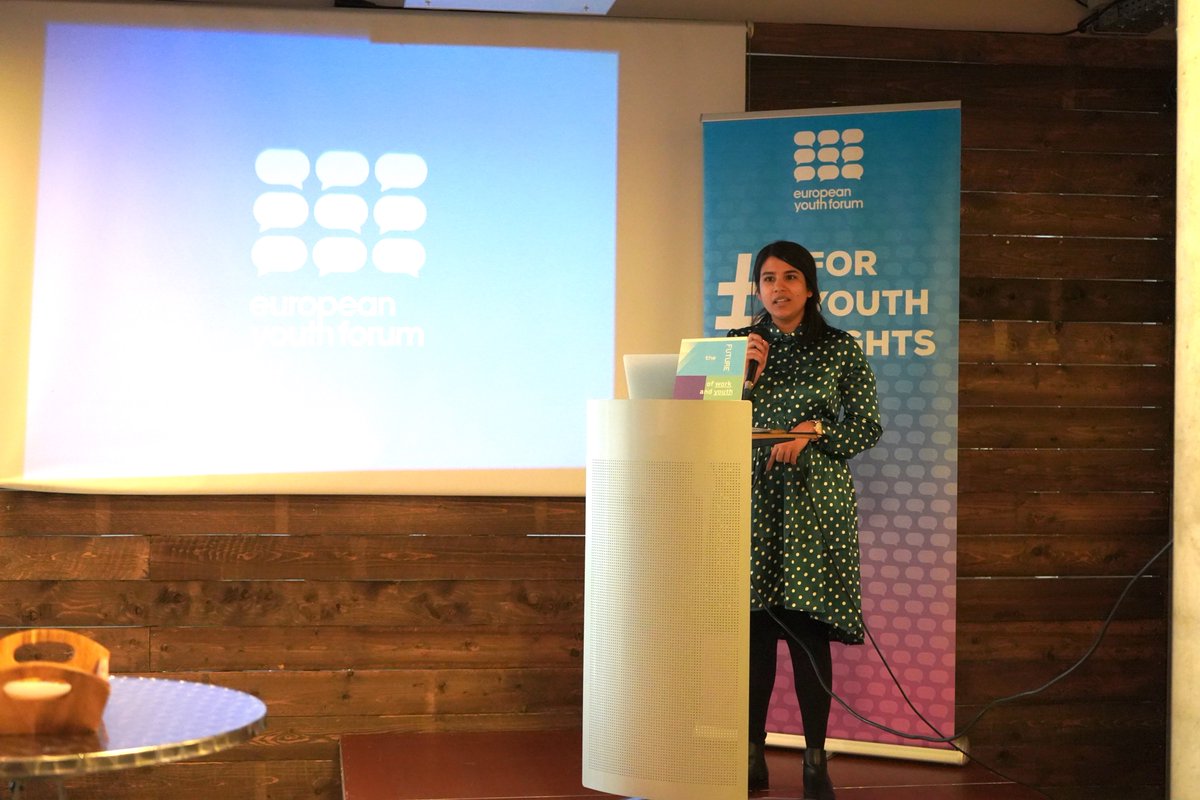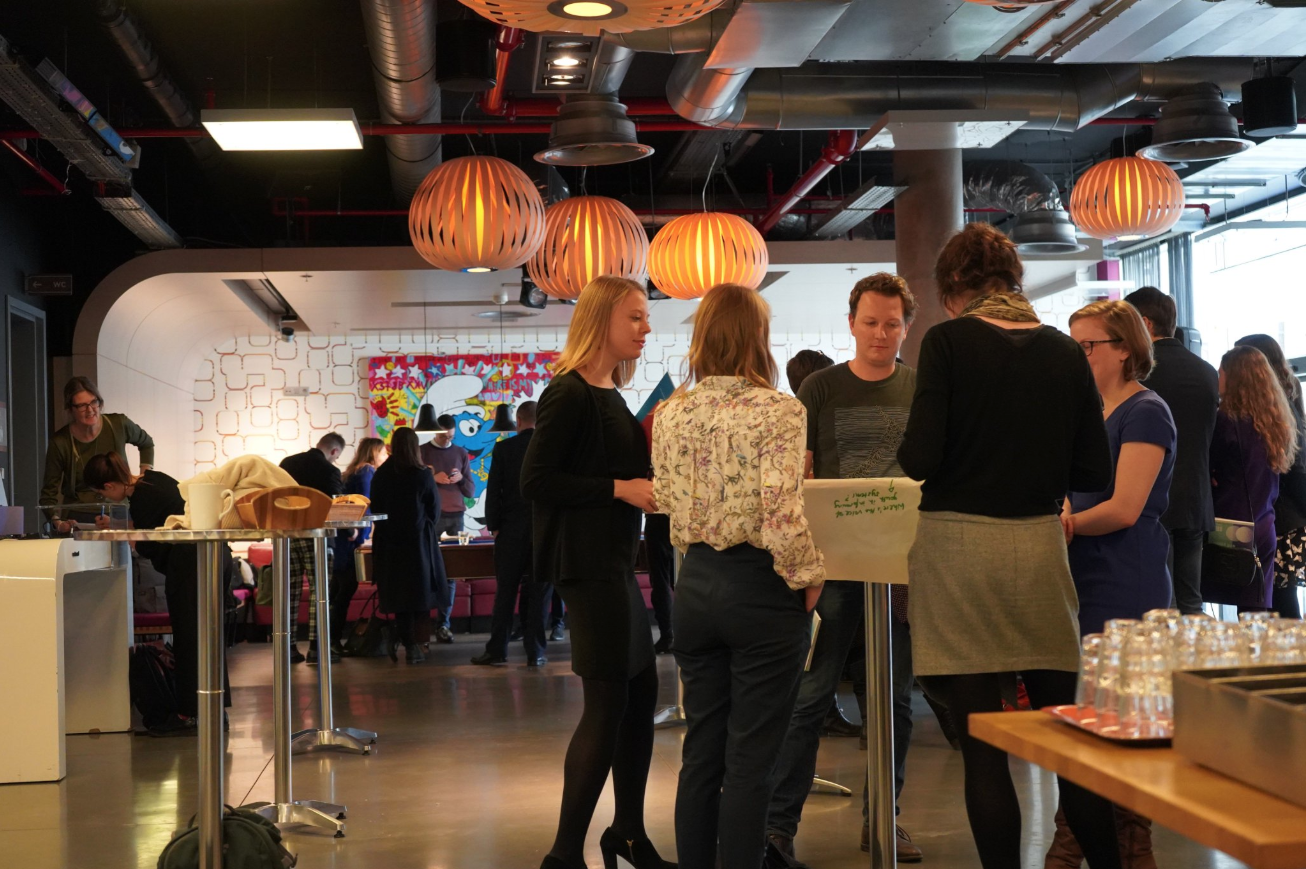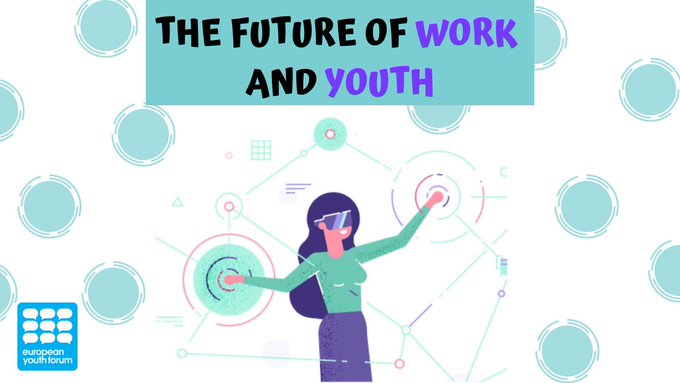Technical assistance, expertise and implementation; Policy, advocacy and convening power
Making a youth-inclusive future of work in Europe
The world of work is changing, creating new opportunities but also considerable challenges for young people, who already face a precarious situation in the labour market.
In 2019, the European Youth Forum will advocate for the creation of a youth-inclusive future labour market by developing policy-makers’, youth organisations’, and young people's understanding of how the future of work will impact Europe's youth and how to begin to respond today. Through this initiative, the Youth Forum aims to ensure all young people can enjoy their social and economic rights.
The Youth Forum is the lead entity and responsible for financing.

